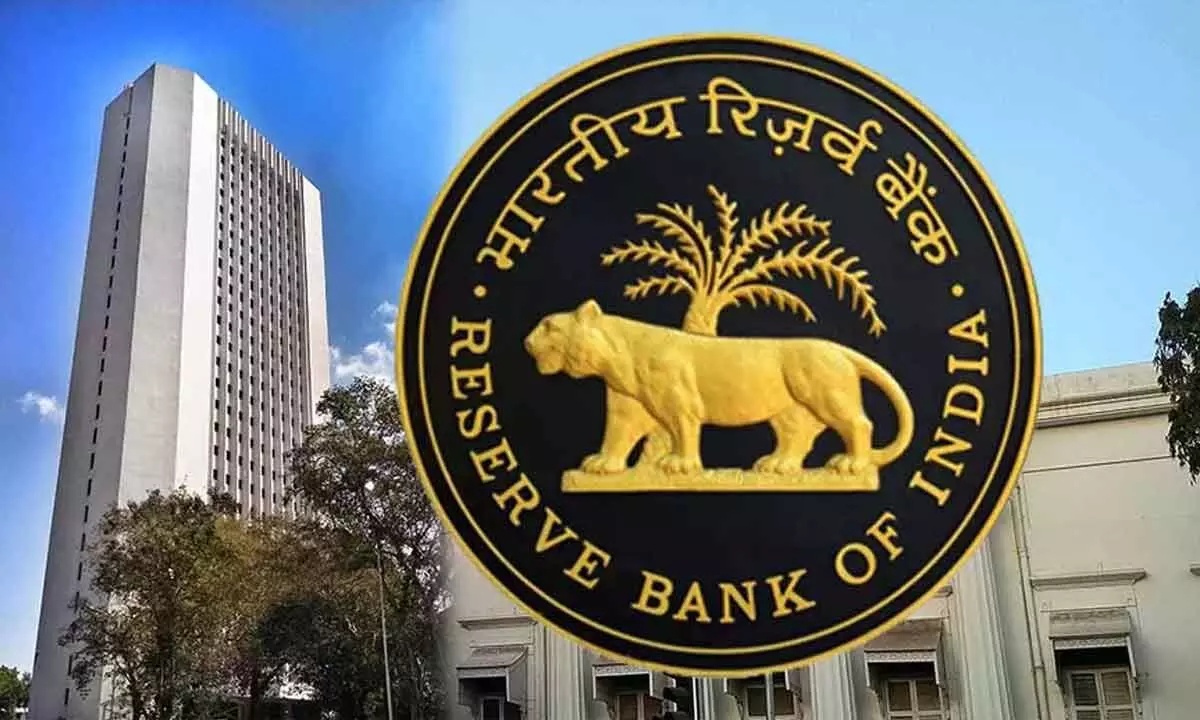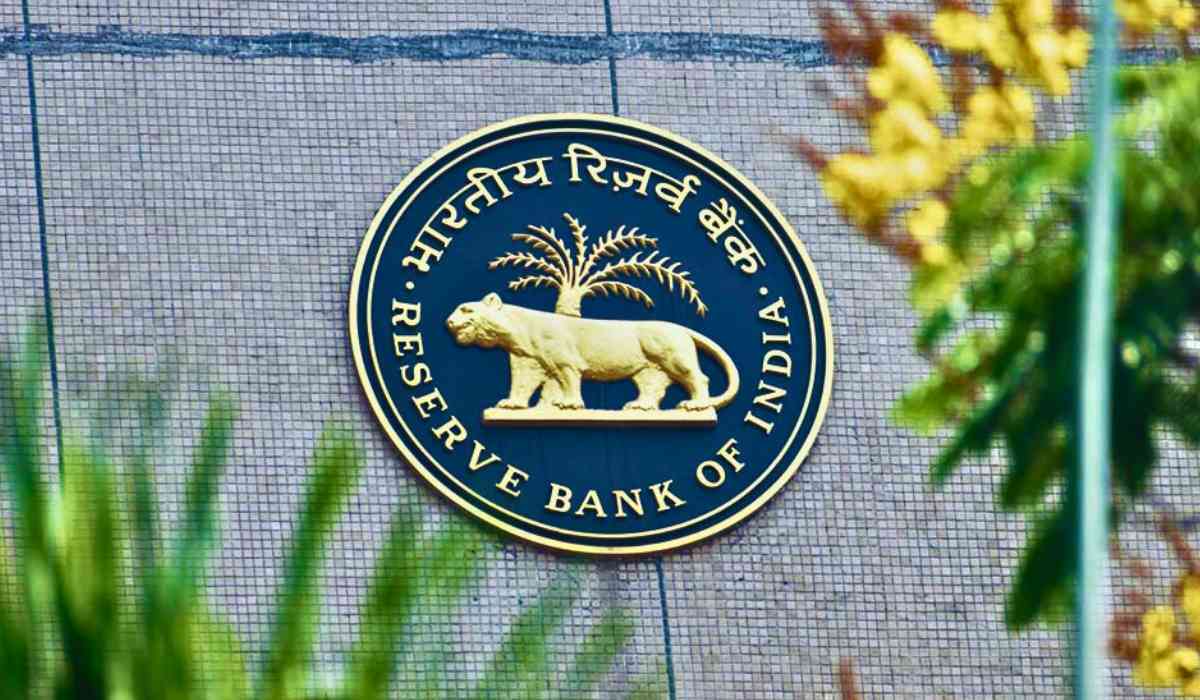On March 26, 2025, the Reserve Bank of India (RBI) announced penalties against two major banks in India: HDFC Bank and Punjab & Sind Bank. This action highlights the importance of regulatory compliance in the banking sector and serves as a reminder for financial institutions to adhere to established guidelines.

Penalty on HDFC Bank
HDFC Bank faced a hefty fine of ₹75 lakh (approximately $90,000) due to violations related to Know Your Customer (KYC) norms. KYC is a crucial process that banks use to verify the identity of their clients. This procedure helps prevent fraud and ensures that banks do not unknowingly assist in money laundering or other illegal activities.
The RBI's decision came after a thorough inspection of HDFC Bank’s financial status as of March 31, 2023. During this review, the RBI found that the bank failed to categorize certain customers into different risk levels—low, medium, or high—based on their profiles. This categorization is essential as it helps banks assess potential risks associated with each customer.
Additionally, HDFC Bank was found to have issued multiple customer identification codes instead of providing a Unique Customer Identification Code (UCIC) for each client. This practice violates RBI regulations and can lead to confusion in customer records.
The RBI clarified that the penalties imposed are based solely on these compliance failures and do not affect the validity of any transactions or agreements made by HDFC Bank with its customers. The central bank also emphasized that this action does not preclude further measures that may be taken against the bank in the future.

Penalty on Punjab & Sind Bank
Similarly, Punjab & Sind Bank was fined ₹68.2 lakh (around $82,000) for its own regulatory lapses. The RBI identified deficiencies in the bank's adherence to guidelines regarding large exposures and basic savings account maintenance.
One significant issue was the bank's failure to report certain borrowers with non-fund based exposure exceeding ₹5 crore (approximately $600,000) to the Central Repository of Information on Large Credits (CRILC). This reporting is vital for maintaining transparency and monitoring large loans across banks.
Moreover, Punjab & Sind Bank allowed some customers holding Basic Savings Bank Deposit Accounts (BSBDA) to open regular savings accounts, which goes against RBI's directives aimed at ensuring financial inclusion and proper account management.
Importance of Compliance
The penalties imposed by the RBI serve as a stern reminder to all banking institutions about the necessity of adhering to regulatory standards. Compliance with KYC norms and other guidelines is not just about avoiding fines; it is essential for maintaining trust between banks and their customers.
Regulatory compliance helps protect consumers from fraud and ensures that banks operate within legal frameworks designed to promote fairness and transparency in financial transactions. When banks fail to comply with these regulations, it can lead to serious consequences for both the institution and its clients.

Conclusion
The RBI's recent actions against HDFC Bank and Punjab & Sind Bank underline the ongoing efforts to enforce compliance within India's banking sector. As financial institutions navigate complex regulatory environments, they must prioritize adherence to guidelines like KYC norms and proper reporting practices.
These penalties highlight that no bank is above scrutiny, and all must operate transparently and responsibly. For customers, this means they can expect their banks to uphold high standards of security and integrity in managing their finances.
In conclusion, while fines may seem like just numbers on paper, they represent crucial steps towards ensuring that banks remain accountable for their actions. As we move forward, it will be interesting to see how these institutions adapt and strengthen their compliance frameworks in response to regulatory challenges.
With inputs from agencies
Image Source: Multiple agencies
© Copyright 2025. All Rights Reserved Powered by Vygr Media.





















